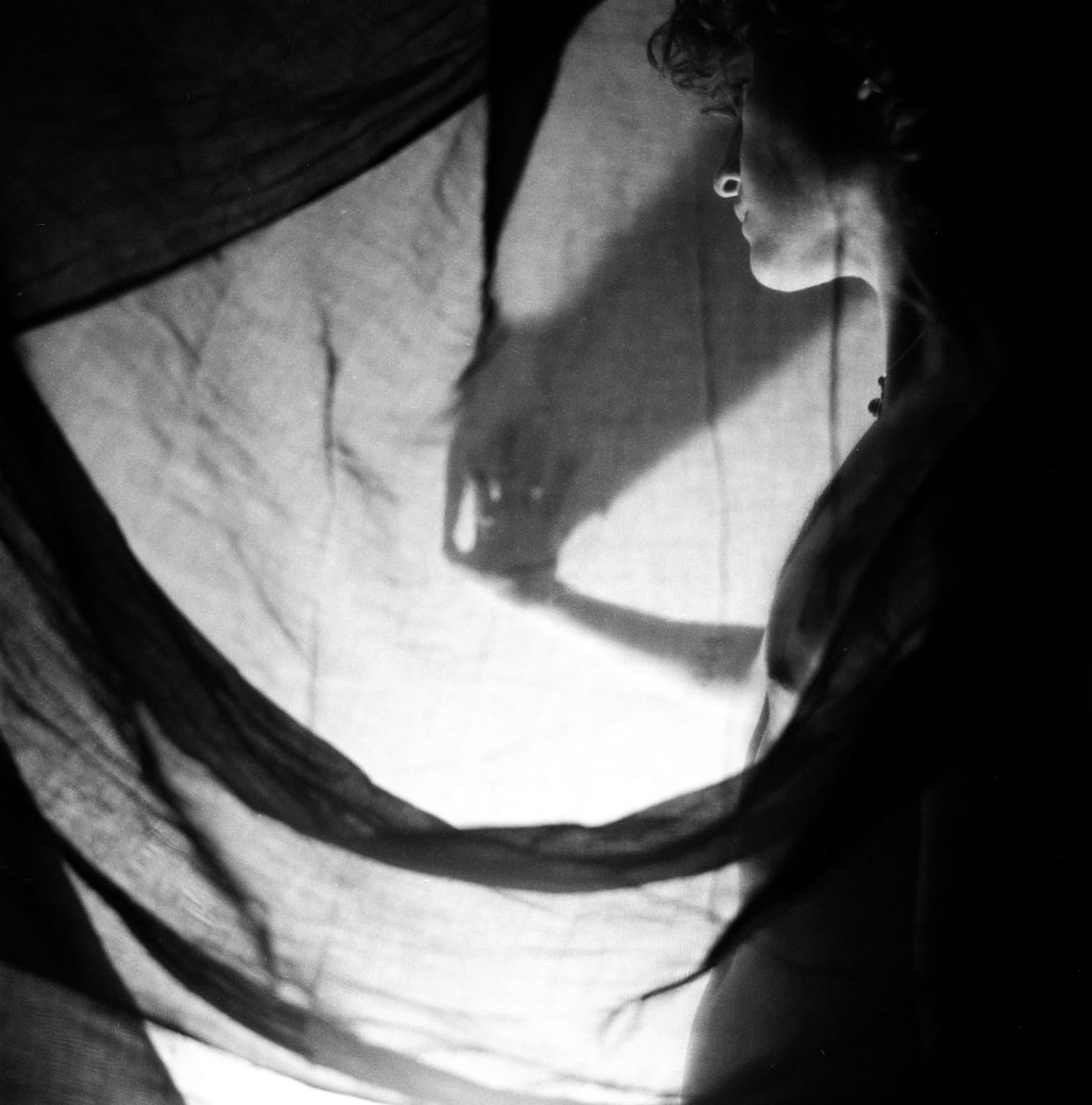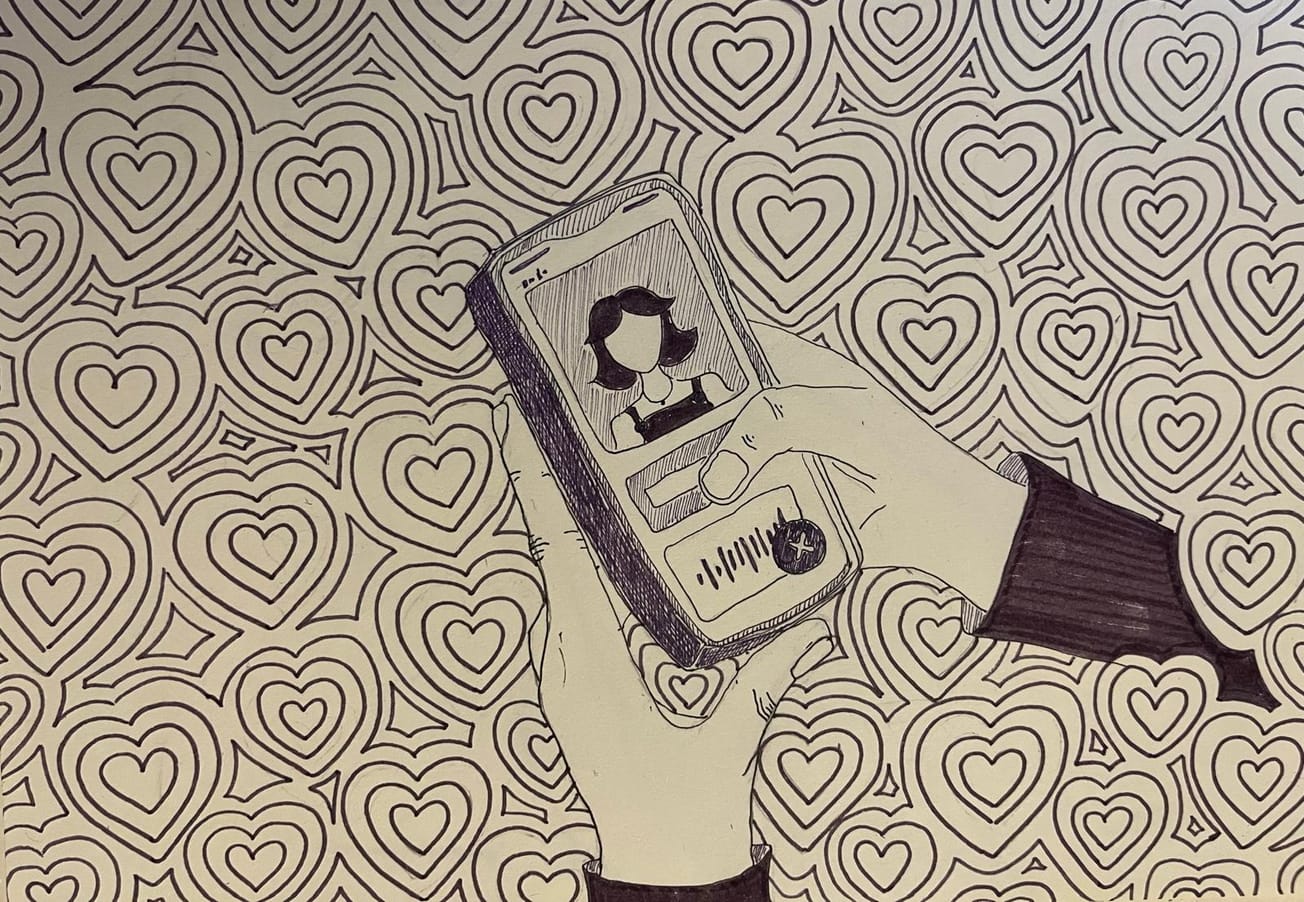By Alegra Martin-Platts, Visual Arts and Culture Deputy Editor
The literary genre of absurdism is difficult to do right. It requires a full-bodied structure of excitement and spontaneity whilst maintaining a level of familiarity and relatability. The story needs to be so ridiculously far fetched that it almost does a full circle and becomes intoxicatingly realistic. When I read Kurt Vonnegut, I feel as though the words run off the page, tear a hole in the space-time continuum and drag me inside it to be absorbed. When I put his books down, I enjoy my continued experience of the world as it is told through him, just for a couple of minutes before I am met with that all too familiar jolt back to reality.
But what is it about absurdism that seduces the reader so much? And how does Vonnegut do it? It’s probably safe to assume I might never have come across Vonnegut’s work, or at least not for many more years, had it not been for a visit my mother took to a chiropractor one day during which she noticed the abundance of Vonnegut literature completely untouched in the waiting room. Upon mentioning my father's love of the author, the chiropractor offered her the full collection - there’s a joke somewhere there about cracking spines that I'm not going to make.
And so not long after, his work fell into my lap too and I was opened up to the world of chaos, hilarity and seductive wackiness that is Vonnegut. What stands out so much about this author is his unique experience as a prisoner of war in Dresden while it was being bombed during the Second World War. His embrace of the dark and twisted laces his stories with beautifully hilarious moments and it is in this sense that his voice, childlike and brazen, persists through his pessimism as he explores the complications of human morality.

Using satire, he approaches the subject matter of war, technology and violence head on, inspiring sobering reflections on our place in the universe, and amidst the insanity, his use of personal experience serves as an unwavering stabiliser. His absurdism speaks to the inner child of his audience, enticing them to play within the world he creates.
Vonnegut plays with the ‘shape’ of stories in incredible ways, often portraying time as some kind of ‘wet spaghetti’, stretched and restricted into a linear state by the human mind. I think Kurt Vonnegut’s absurdist fiction is so well-received because this rejection of the traditional ‘shape’ of a story mirrors real life so accurately. Real life does not tend to play out in a series of aesthetic arcs and dips but rather in an unstable sort of wobble. Despite this being an unorthodox approach to story-telling, in many ways it's the only ‘ordinary’ aspect of Vonnegut’s stories and provides a perfect building ground for a world of absurdity.
Although the 21st century admires and envies Kurt Vonnegut’s uniquely Nietzschean blend of aesthetic existentialism, absurdist art was not always so welcomed. In November 1973, Vonnegut wrote to Mr McCarthy, Headmaster of Drake high school in response to the outrage his books had caused among the school board. Twenty six copies of ‘Slaughterhouse Five’ were destroyed in the school furnace, accused of being profane and unsuitable for use. In this letter, Vonnegut defends the contents of his work. He emphasises the importance of upholding the First amendment, particularly in educational spaces, and disgraces Mr Mcarthy for acting as though books and their writers are ‘unreal’ and deserving
of such elimination.
“You have insulted me, and I am a good citizen, and I am very real.” -Vonnegut
His letter never received a response, but I think its significance remains glaringly clear. Absurdism is such a seductive theme of art not solely because of the images created, or because of the ideas represented, not even because of the stories generated, but because a huge part of it feels incredibly, undeniably, offensively real. It embraces the wonderful, nonsensical part of humanity that we try so hard to suppress and rationalise. To access such a creatively liberated part of the human mind and use it to create something useful, insightful and funny is truly amazing --absurd, even.
“Those who believe in telekinesis, raise my hand.”-Vonnegut
Feature Image: Kirkland Childs
Have you ever read the genre of absurdism? Do you find it intimidating?









